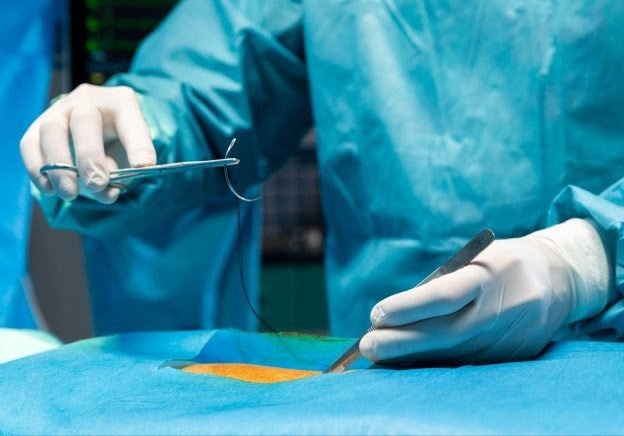The World Health Organization (WHO) estimates that there are not enough legally available organs for transplantation to meet even 10% of worldwide demand. This shortage has driven the rise of an illegal organ trade, a complex, financially-motivated collaboration between brokers, donors, recipients, and medical professionals, outside of the usual channels of organ transplantation. This illegal trade raises considerable ethical and practical concerns, including the potential for the exploitation of donors and health risks for recipients.

Image Credit: freepik
Bio-printing has lately emerged as a promising solution to this crisis. With recent advancements in 3D-printing technology, bio-ink formulations, and tissue engineering techniques, biotech researchers are working toward a future in which the demand for organ transplants will be met through safe and legal means.
Addressing the Kidney Shortage
One key driver of the current illegal organ trade is the shortage of legally available kidneys. As many as 90,000 people in the US alone are waiting for kidney transplants, while only 20,000 transplants are performed in the U.S. each year. Biotech researchers are hard at work on closing the so-called "kidney donor gap," by developing techniques for producing human tissues and, eventually, full-scale transplantable kidneys.
There are considerable technical challenges involved in bioprinting kidneys, however, as the printing process must be both precise enough to replicate the organ's complex structures and fast enough to work with live cells as raw material.
The biotech company Vital3D, which specializes in 3D bioprinting solutions, is tackling these challenges through a pioneering combination of biocompatible scaffolding and cutting-edge femtosecond lasers, which can work quickly with a precision up to 1 micron.
Additional Benefits of Bio-Printing
In addition to the potential to meet demand for transplantable organs, there are numerous benefits to using bio-printed organs over traditional transplantation methods. One key benefit lies in customizability.
Bio-printing allows for the precise tailoring of organs to match the recipient's unique anatomical and physiological requirements. Bio-printing not only enhances the compatibility of the transplanted organ but enables the elimination or, at least, minimization of the need for immunosuppressive drugs, which are typically required in traditional organ transplantation to prevent the recipient's immune system from attacking the transplanted organ.”
Vidmantas Šakalys, CEO, Vital3D
The Future of Organ Transplantation
Bio-printing could dramatically reduce the reliance on traditional organ donation systems, which often struggle to meet the growing demand for transplantable organs, but it could also be a key to addressing emergencies. “When bio-printing becomes a reliable method for producing functional organs,” Šakalys says, “it could alleviate the shortage of donor organs and provide an alternative source for transplantation. Additionally, in emergencies or cases where time is critical, the ability to rapidly produce organs through bio-printing could save lives.”
For all its potential benefits, the development of bio-printing technology will no doubt be influenced by public perception and regulating policies, Šakalys notes. “If the cells used for bio-printing are derived from human sources, ethical concerns related to consent, tissue donation, and ownership may arise, the use of animal cells or synthetic materials in bio-printing may pose other ethical challenges.”